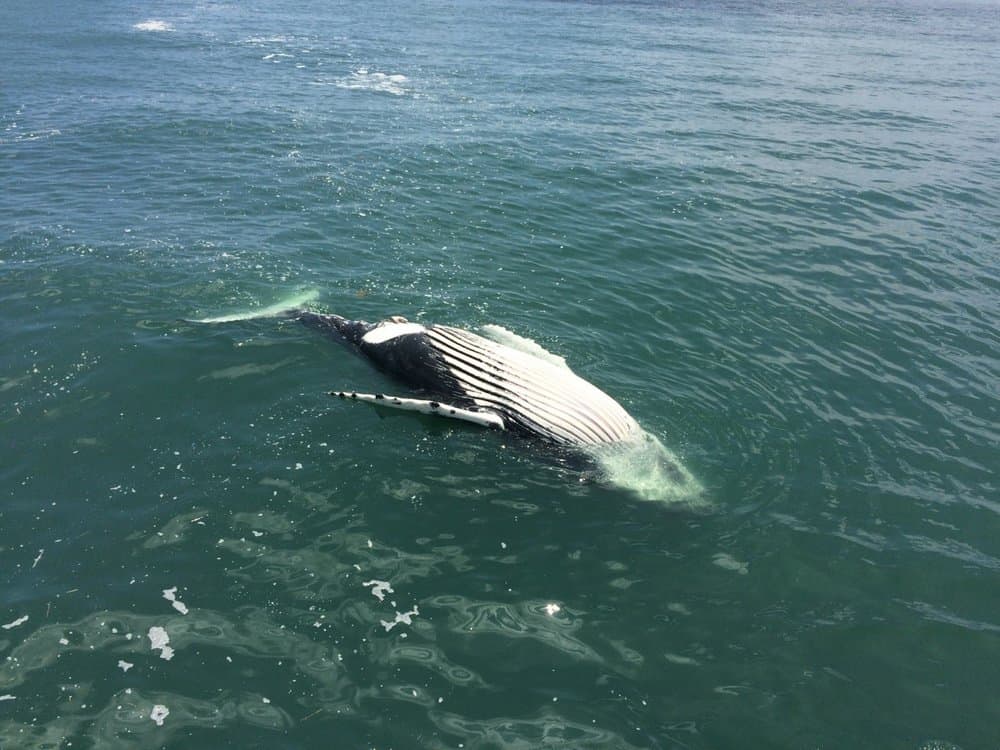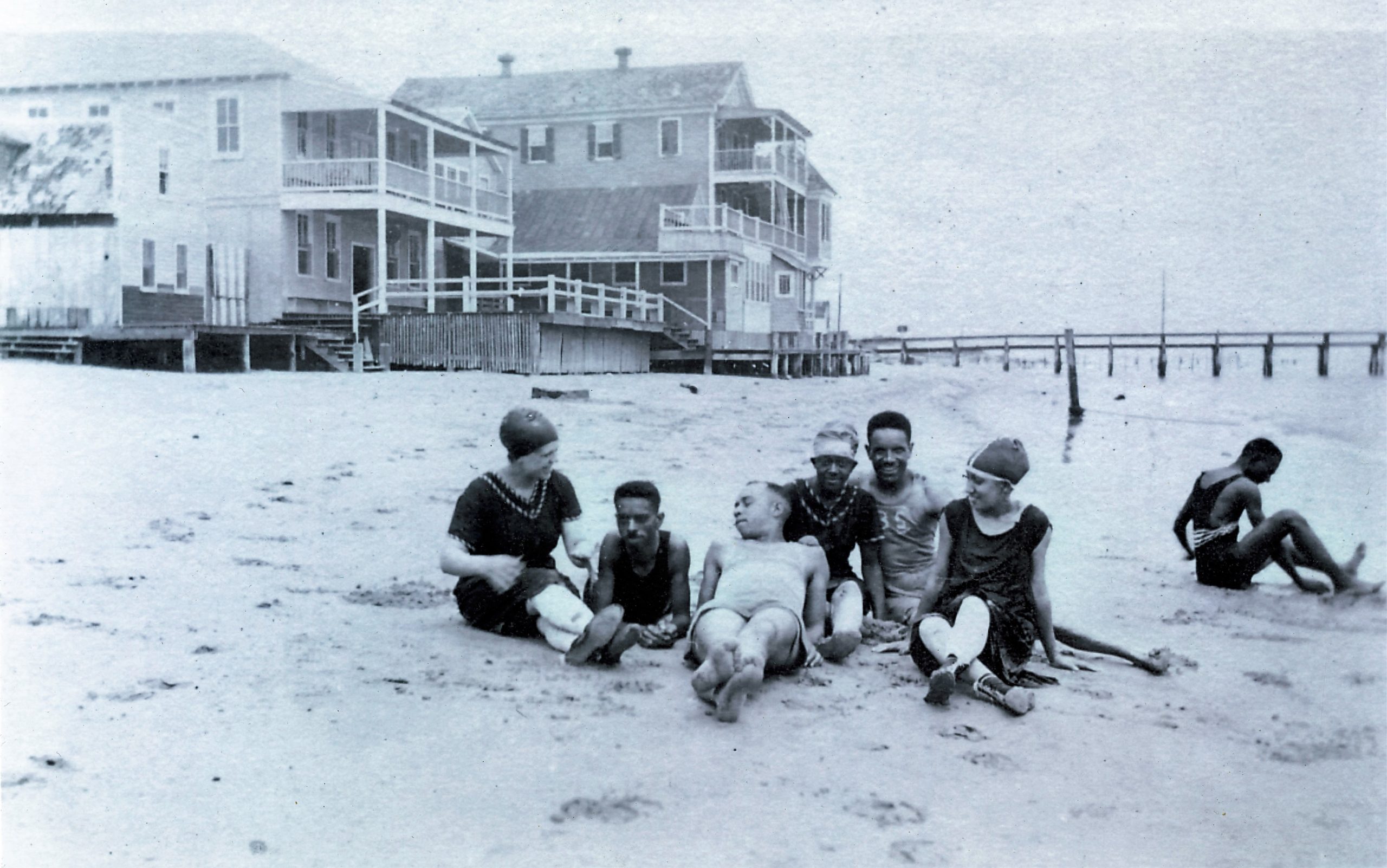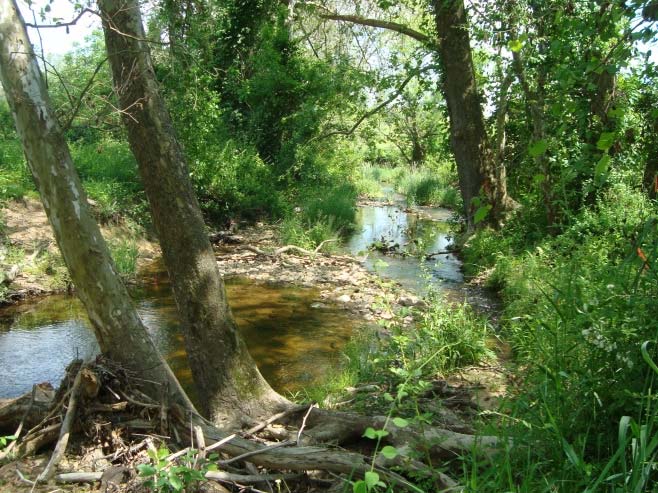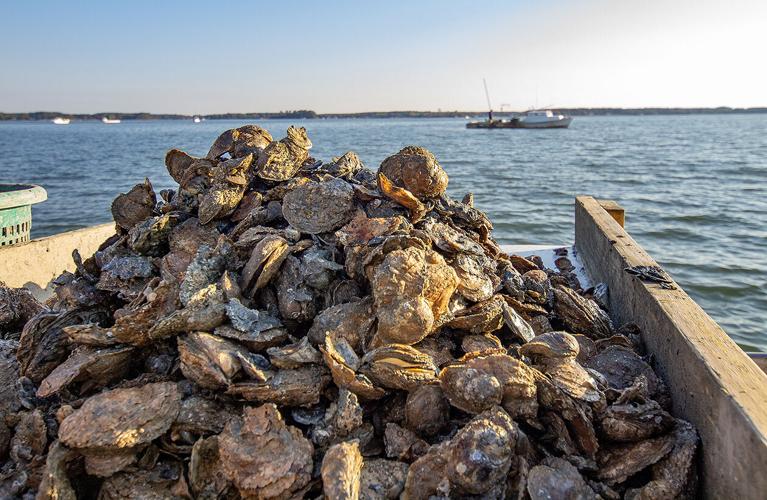Marine scientists are using forensics to discover what killed a young humpback whale, found floating just off Virginia’s Lynnhaven Beach.
The Virginia Aquarium and Marine Science Center got multiple calls Sunday morning from residents at a senior condominium complex, who could see the whale floating in the water from their windows. According to Matthew Klepeisz, Aquarium spokesman, a volunteer from the Aquarium’s Stranding Response Program went to the scene immediately with staff quickly following, but the whale was already dead.
The whale was a female, and scientists estimate she was about 30 feet long and weighed six tons. She had been sighted and tagged alive and well by researchers in the area last year.
A humpback whale found floating in the 2016-2017 season Credit: Marine Education, Rehabilitation and Research Inst.Aquarium staff were able to bring the whale’s body to shore for a forensic necropsy—an animal autopsy—to determine if the whale suffered an injury or trauma to cause its death.
Susan Barco, research coordinator for the Virginia Aquarium’s Research and Conservation Division, explains that staff is going over the whale’s body looking for wounds or lesions, and peeling back the whale’s skin and blubber to check for possible bruising. Some injuries might not show up on the surface; for example, if a whale were hit by the hull of a boat. Scientists will be able to make observations based on what they saw in the necropsy, but tissue samples are also being sent to a veterinary pathologist for testing, and those results could take weeks or months.
This humpback whale’s death is the sixth in Virginia in the past two years, and a staggering 57 humpback whales have died up and down the mid-Atlantic. NOAA has declared the recent deaths an Unusual Mortality Event (UME), and the investigation into what happened to those whales is still open. The circumstances of this whale’s death will be added to the data gathered from the other incidents that began in January 2016.
Researchers have been able to perform full or partial necropsies on 20 of the 57 whales, and of the 20, half showed injuries from a propellor or vessel strike.
If you ever come across a stranded or dead whale, please report it to the Greater Atlantic Marine Mammal Stranding Hotline at 866-755-6622, the Southeast Marine Mammal Stranding Hotline at 877-433-8299 or contact the U.S. Coast Guard on VHF Channel 16. Do not approach or touch the whale.
The Virginia Aquarium’s Stranding Response program is largely made up of volunteers. To apply to be a volunteer, click here.
“We’re always looking for more people to get involved,” says Barco.
-Meg Walburn Viviano




